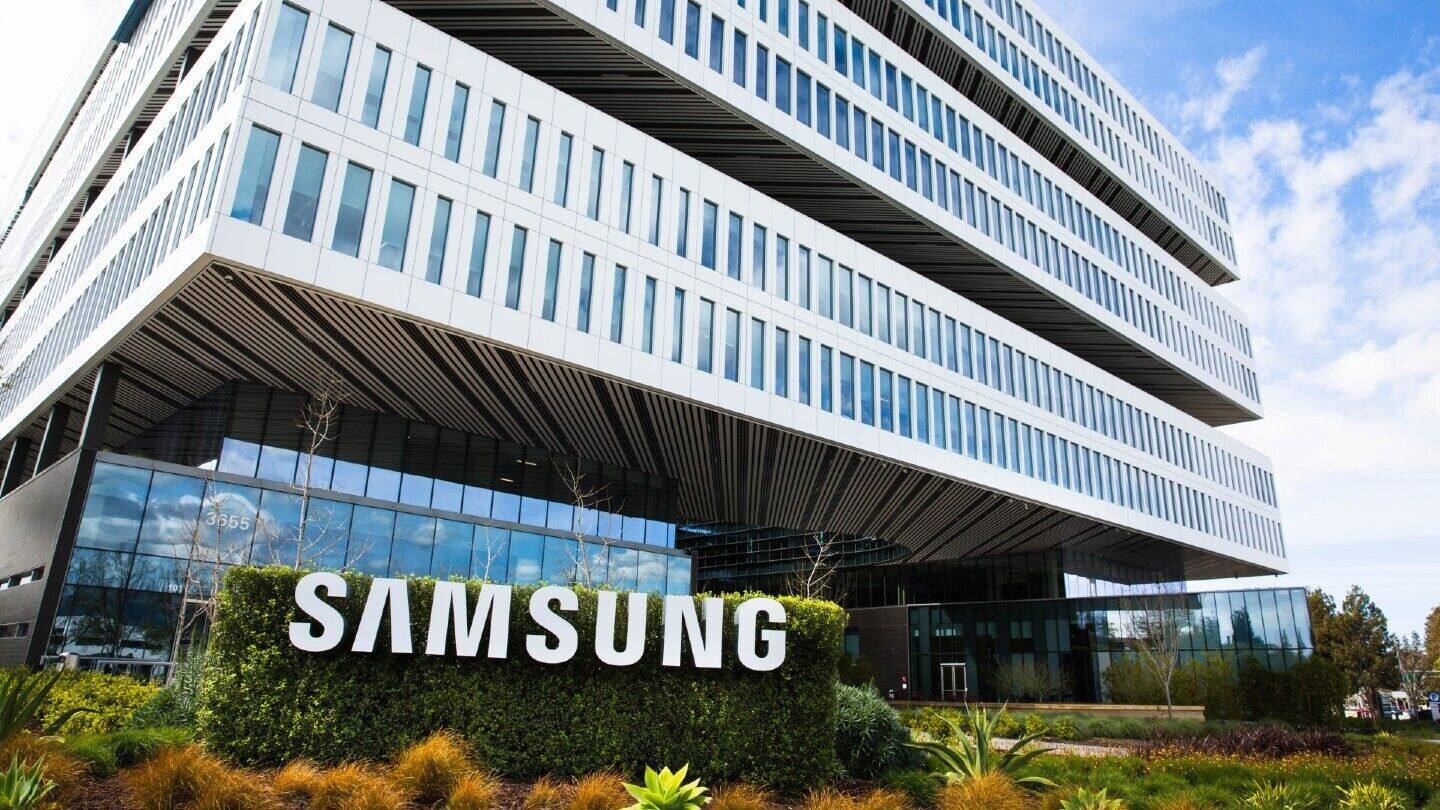
Samsung ramps up hiring in India for semiconductor, AI roles
What's the story
Samsung Electronics, the South Korean semiconductor giant, is ramping up its recruitment drive in India. The move comes as part of a larger global strategy to bolster its semiconductor design capabilities and leadership in artificial intelligence (AI) and high-performance computing (HPC). According to Pulse, the English service of Maeil Business Newspaper Korea, Samsung Semiconductor India Research (SSIR) has posted job openings for a range of R&D engineers across major semiconductor divisions, including System LSI, memory, and foundry.
Recruitment details
Positions related to next-gen technologies
The job postings at SSIR include 16 positions, such as system-on-chip (SoC) design engineers, memory design engineers, SSD firmware engineers, and graphics driver developers. Most of these roles are directly related to core next-generation technologies like system semiconductor integration, memory design, firmware development, and AI computation optimization. This recruitment drive is part of Samsung's plan to turn SSIR into a global design stronghold for AI semiconductors.
Leadership change
New head for SSIR
Samsung has also appointed Rajesh Krishnan, a seasoned professional in the memory sector, as the new head of SSIR. The move indicates a shift toward a local talent-driven R&D model. Located in Bengaluru, SSIR is one of Samsung's key global semiconductor research bases covering all three pillars of its Device Solutions (DS) division: memory, System LSI, and foundry technologies.
Strategic alignment
Aligning with India's semicon initiative
Samsung's local talent development strategy also aligns with the Indian government's Semicon India initiative. The program aims to fast-track the establishment of a domestic semiconductor ecosystem. The Indian semiconductor market is expected to reach $100 billion by 2030, with major global players like Micron Technology Inc. already investing heavily in it. An industry official said Samsung's latest actions seem to be a strategic move to position India as one of its core global semiconductor design hubs in the AI era.